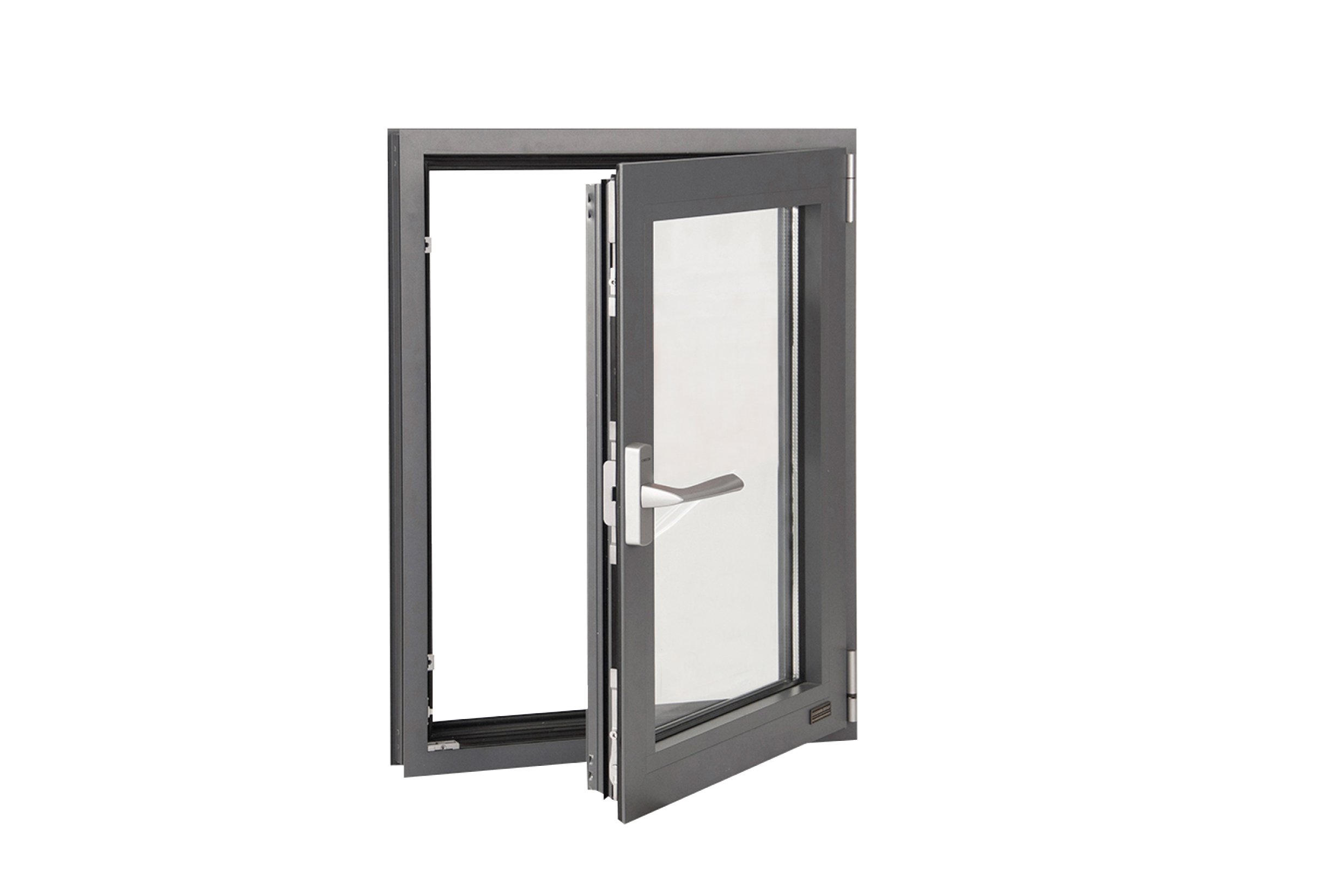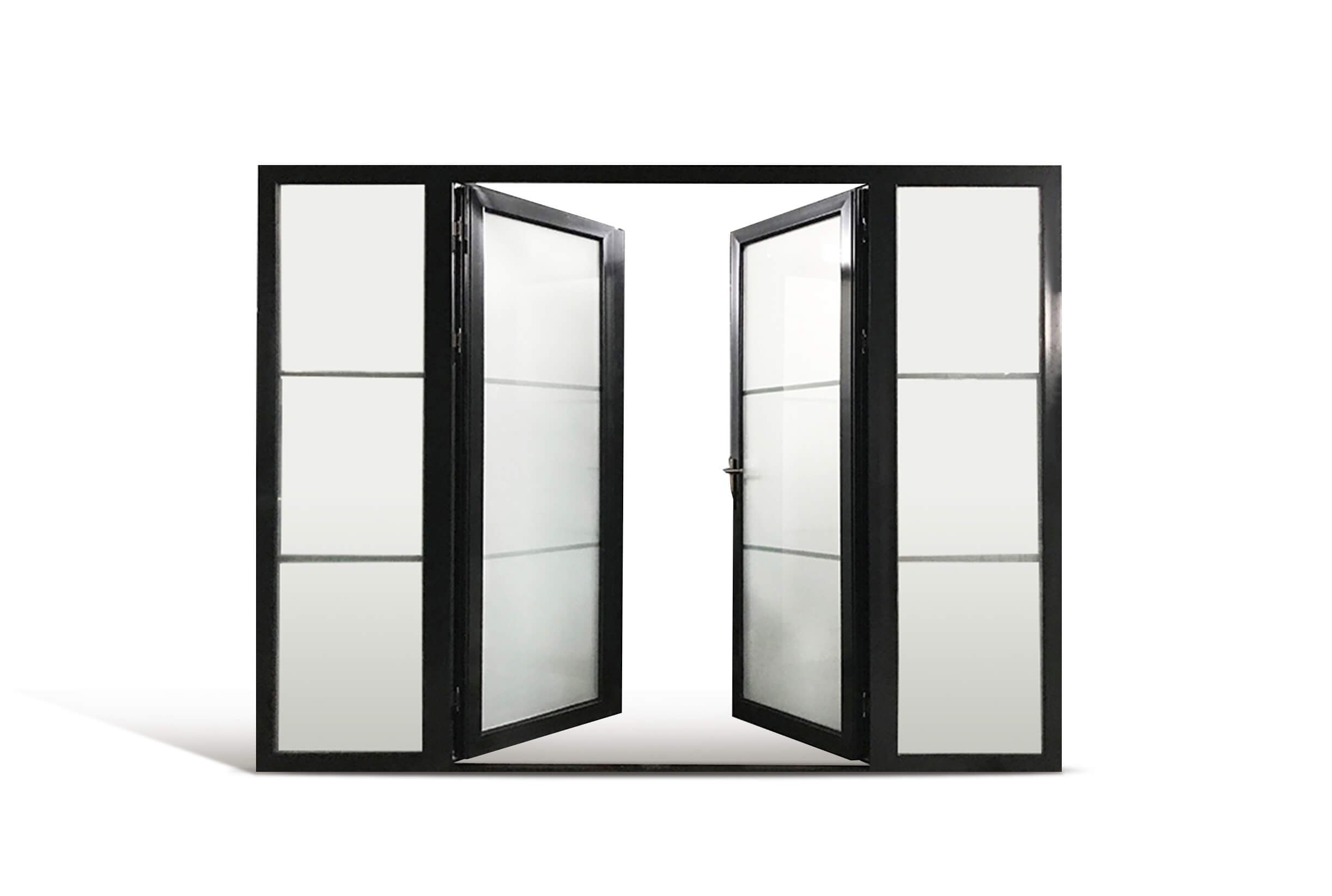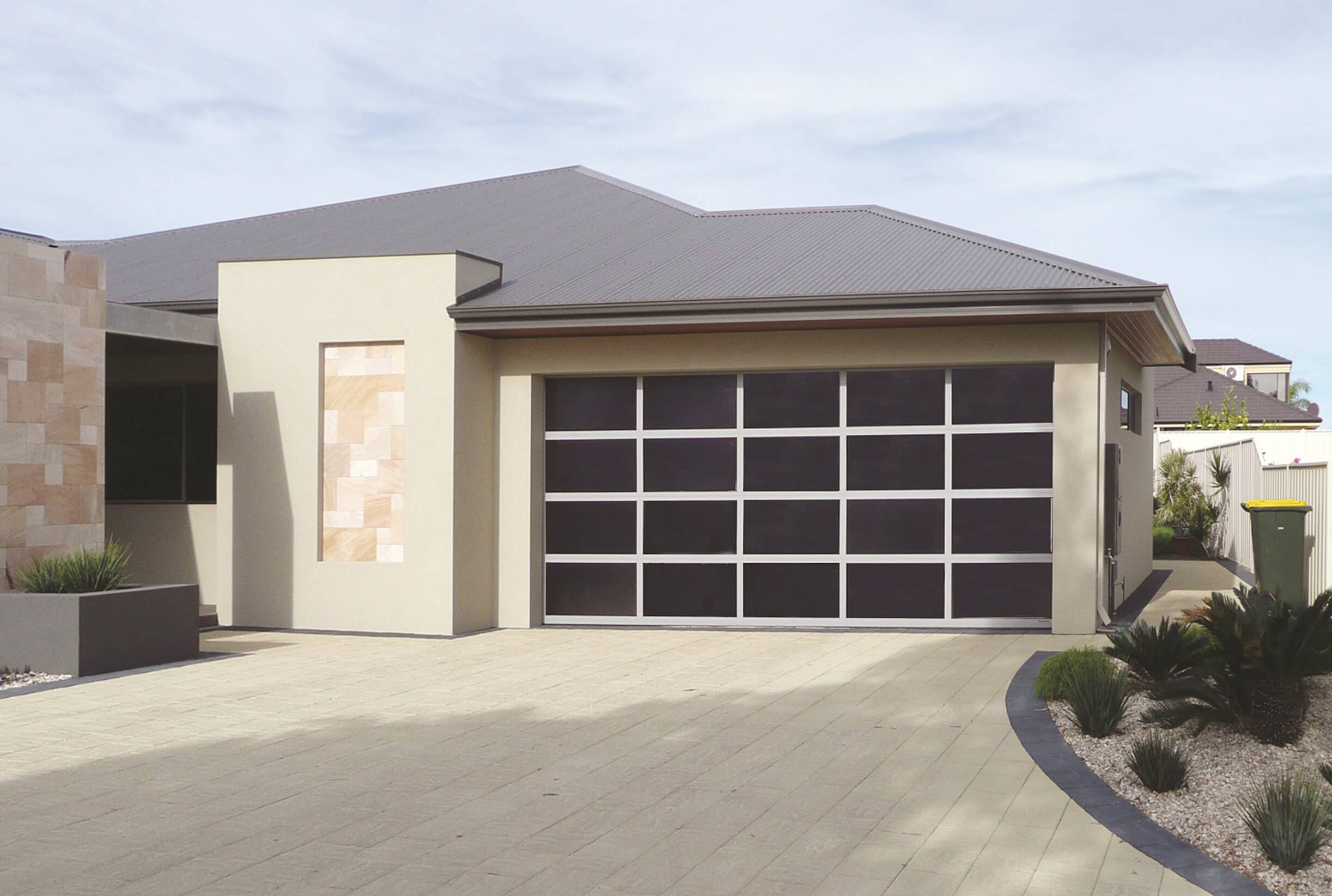Enhancing Your Home with Custom Windows: A Comprehensive Guide
Windows play a crucial role in the overall aesthetics and functionality of any home. They provide natural light, ventilation, and a connection to the outside world. If you are looking to enhance your home's appeal and energy efficiency, custom windows could be the perfect solution. In this blog post, we will explore the benefits, types, and factors to consider when choosing custom windows for your home.
The Benefits of Custom Windows
1. Enhanced Aesthetics: Custom windows allow you to tailor the design to match your home's architectural style. Whether you have a traditional or modern home, you can choose from various shapes, sizes, and materials to create a unique look that complements your overall decor.
2. Increased Energy Efficiency: Custom windows offer improved insulation, reducing energy loss and lowering your heating and cooling costs. With options like double or triple glazing, Low-E coatings, and insulated frames, you can create a more energy-efficient home and contribute to environmental sustainability.
3. Improved Functionality: Unlike standard pre-made windows, custom windows can be designed to fit specific spaces and meet your functional requirements. Whether you need expansive picture windows to capture breathtaking views or specialized awning windows for better ventilation in tight spaces, customization ensures optimal functionality.
Types of Custom Windows
1. Single-Hung and Double-Hung Windows: These classic window styles offer timeless elegance and ease of use. Single-hung windows have a fixed top sash and a movable bottom sash, while double-hung windows allow both sashes to move independently. They are versatile and suitable for various architectural styles.
2. Casement and Awning Windows: Casement windows are hinged on the side and swing open like a door, providing excellent ventilation and unobstructed views. Awning windows, on the other hand, are hinged at the top and open outward, making them ideal for rainy climates while still allowing fresh air to circulate.
3. Picture and Bay Windows: Picture windows are large, stationary windows designed to frame scenic views and maximize natural light. Bay windows consist of three or more windows that extend outward, creating a small seating or display area inside while offering ample sunlight and panoramic views.
Factors to Consider
1. Materials: Custom windows can be made from various materials, including wood, vinyl, aluminum, or fiberglass. Each material has its own advantages and considerations, such as durability, maintenance requirements, and cost. Choose a material that suits your preferences and fits your budget.
2. Design and Style: Consider your home's architectural style and choose windows that complement it. Whether you prefer a contemporary, traditional, or transitional look, custom windows can be customized to match your desired aesthetic.
3. Energy Efficiency: Look for windows with high energy efficiency ratings, such as those with ENERGY STAR certification. Opt for features like low emissivity (Low-E) glass, argon gas fillings, and thermal breaks in the frames to maximize insulation and reduce heat transfer.
4. Security and Safety: Prioritize windows with robust locking mechanisms and shatter-resistant glass for enhanced security and protection against break-ins. Consider features like tempered glass or laminated glass to reduce the risk of injury in case of accidental breakage.
Conclusion
Custom windows offer a multitude of benefits ranging from enhanced aesthetics to improved energy efficiency and functionality. By carefully considering the various types, materials, and factors involved, you can select custom windows that perfectly suit your home's needs. When it comes to custom windows, consulting with a reputable manufacturer or contractor is essential to ensure proper installation and long-term satisfaction.
custom windows manufacturer

 Picture Windows
Picture Windows Single Double Hung Windows
Single Double Hung Windows Tilt & Turn Windows
Tilt & Turn Windows Sliding Windows
Sliding Windows Bi-Fold Windows
Bi-Fold Windows Gliding Patio Doors
Gliding Patio Doors Bi-Fold Doors
Bi-Fold Doors Lift and Slide
Lift and Slide  Entry Doors
Entry Doors Swinging Doors
Swinging Doors




.jpg)
.jpg)